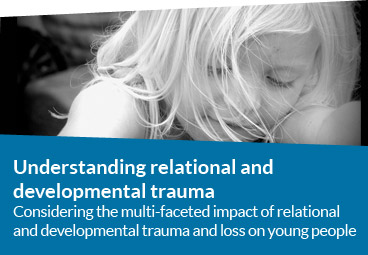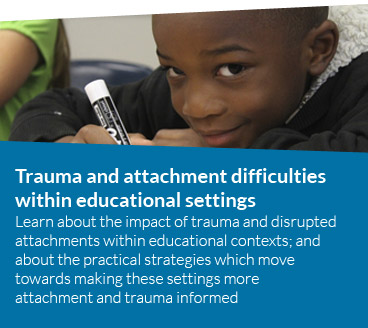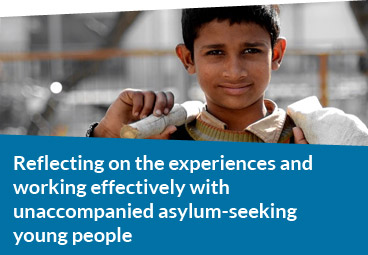Organisational, group, team, and individual psychological consultation and thinking space sessions are available for a range of social care, educational, criminal justice, charity, health, legal, and early year’s professionals.
These consultation and thinking space sessions draw on a range of psychological expertise, theoretical bases, practical and creative direct working tools, and evidence-based models. They offer a reflective, curious, open, warm, real world, and friendly space, as well as where appropriate, suggesting practical tools and strategies. They have a trauma, cultural, adversity, and relational lens at the heart of them.
Types of consultations and thinking spaces often include (Not an exhaustive or prescriptive list and we are very adaptive to your needs and aims and welcome planning discussions to see if we are a good fit):
Organisational focused consultation:
-From an organisational perspective, thinking about meaningfully working towards embedding adversity/trauma-informed, culturally-responsive, and trauma-responsive practice and principles. This might include trouble shooting, exploring some of the implementation barriers, dilemmas, and thorny bits of trauma-informed organisational change.
This might also be around supporting makings plans to enrich the trauma informed journey, workshopping around specific dilemmas around trauma informed itself and/or the journey. As well as applying the trauma informed lens to a particular organisational area e.g. disciplinary processes/ physical environment/ training/ thinking spaces etc (just a small flavour).
-This might also extend to creating thinking spaces and support to those in roles where they are leading change and supporting the trauma-informed journey such as trauma informed leads, champions, change of culture roles. This might include how are we modelling the model and not just talking the talk but walking the walk. This might also be around activist burnout.
-Thinking spaces around learning and ways forward- from best practice and sparkle moments to lessons learned from things that could have gone better.
-Trauma-informed language and words. This might also include designing, and/or creating trauma-informed materials, policies, surveys, and documents. As well as options to review wording on brochures, websites, referral forms, assessment forms, statement papers, policies, letters etc.
-Trauma-informed assessment of the organisational culture, of the TI journey, and or around specific assessments such as within fostering, adoption, child protection etc.
-Trauma-informed physical environment and spaces. This can include building walk throughs and tours; as well as reviewing building photos. This might also be a specific area like a therapy space, a canteen, a playground etc.
-Trauma-informed leadership and management.
-Trauma-informed disciplinary and performance management/ HR and areas around recruitment.
-Discussing ways to set up and support trauma-informed working groups, meetings, committees, champions, or panels.
-Trauma-informed “supervision”, thinking spaces, and/or reflective practice.
-Ways to work more creatively, relationally, and effectively virtually.
-Training needs and training needs and planning. As well as exploring how to go beyond training and embed the concepts and ideas further.
-Thinking about more trauma-informed ways of carrying out research, evaluations, feedback processes.
-Staff wellbeing including around workplace stress, secondary and vicarious trauma, moral injury, emotional saturation, burnout.
-Thinking strategically and creatively about service needs for new services being set up, for services who are merging or blending services or for services who are changing.
-Consultation to reflect and infuse ideas from the training. Including how to keep the momentum going and to breathe life into the concepts.
-Support around public speaking, setting up privately, or writing a book.
Practice focused consultation:
- A trauma lens and reflective space around a specific child, foster carer, parent, or situation.
- A focus on a specific theme of practice e.g. transitions/ loss and grief/ powerlessness etc.
- Practice of a particular therapeutic tool, resource, or strategy.
- Signposting to resources for a specific focus.
- Exploring “Placement” issues, transitions, and moves.
- Considering therapy and assessment options.
- Intervention planning support such as around life story work.
Some information about the format and practicalities:
These can take place as one-off formats, as a series of consultations, or in the form of a half or whole day where various professionals can access the space. Consultations can be carried out over the phone, virtually (this is most common way), or face-to-face (depending on the location and if a longer time length such as a half or full day). Sometimes, we also do document or policy reviews which are via email; however they can have feedback meetings or if people prefer to do it live together. We can also offers comments and support on documents including brochures, letter templates, websites etc.
Consultations are usually charged at an hourly or day rate or they can be bulk bought such as 10 hours of as and when consultation time which people can access more flexibly.
Where appropriate, consultation notes and a summary will be provided to all attendees. This may include follow-up website links, worksheets, resources, and journal articles.
To embed and infuse training we strongly recommend supporting this with additional consultancy and thinking space. For example, having training in understanding trauma but then having 1-2 hour session/s to reflect on how to infuse the ideas into one’s specific practice.
Please contact us at karen@safehandsthinkingminds.co.uk to discuss your requirements further- before doing so it is helpful to have reflected on what is needed, aims, hopes, times, focus etc. This supports us to guide you further as to what space or support might meet your needs and be as helpful as possible.
Examples of recent consultations in the past few weeks to give a flavour have including:
- Supporting a school to look at their toilets, reception entrance space and a playground from a trauma-informed lens.
- Supporting an HR team and a group of managers around performance management and disciplinary issues from a trauma lens.
- Supporting a head of service in her planning and implementing of the trauma informed journey.
- Creating a space for numerous leaders and managers around the complexities of their work and role.
- Supporting managers to think about the impact of organisational trauma and how they might support their team on the reparative and healing journey.
- Supporting teams on their new way of working virtually.
- Thinking with a new team about their recruitment needs and then the process of recruitment including job spec, job description, and interview.
- Supporting a residential to think about their practice model and approach.
- Supporting a group of practitioners working with kinship carers around creating resource more tailored specifically to kinship carers.
- Thinking spaces post a serious incident and/or distressing situation e.g. young person murdered in youth violence, Lucy Letby ripple effect on health staff, a suicide, and many more.
- Reviewing policy and strategy documents for police and the army around trauma-informed language.
- Supporting a local authority to look at their panels including fostering and adoption from a trauma lens.
- Supporting guardians and independent reviewing officers to think about meaningful ways to gain the voice of the child.
- and many many more.







